What I’ve learnt since the accident that changed my life forever
In 2011 Jim Moore was knocked off his bicycle by a cement lorry and trapped beneath its wheels. A decade on, the memories of that horrible day are astonishingly real
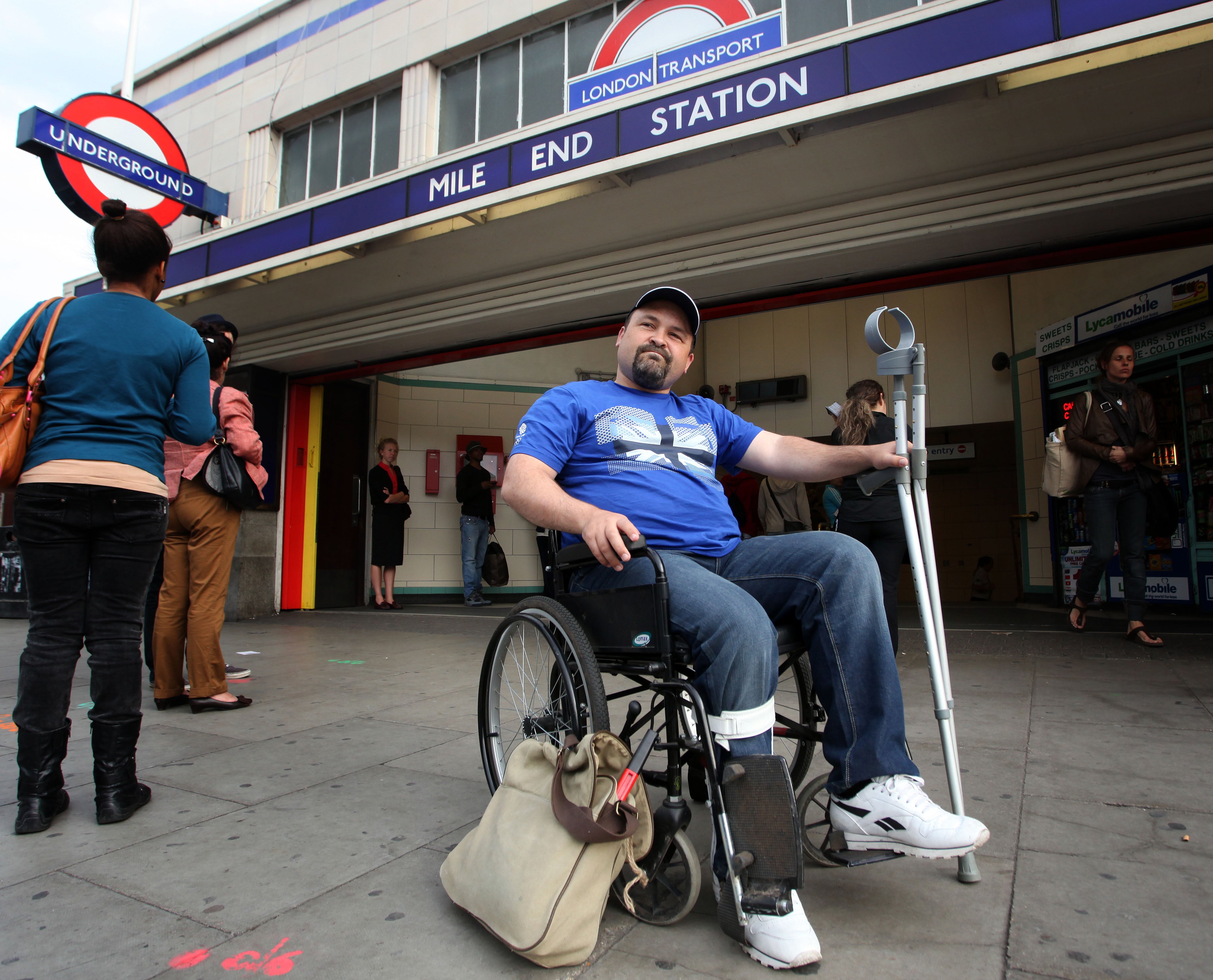
It was when we got to season six of The Sopranos box set that I was unceremoniously shoved into a time machine and catapulted back to a year that, for me, makes the horror of Covid and the rest of 2020 look like a luxury, dream holiday. The episode opens with Tony, the New Jersey mob boss and television legend played by the late James Gandolfini, in hospital, fighting for his life having been shot by his uncle at the end of season five.
He’s hooked up to a ventilator in an ICU with a multitude of tubes spilling from him, just as I once was at the Royal London Hospital. In my case it was after a close encounter with a cement truck, rather than one of Uncle Junior’s bullets. The lorry knocked me off my bike and came to a halt with me trapped under its wheels.
It was only by dint of some very fast action by the London Air Ambulance paramedics and some surgical heroics at the hospital that I’m still here 10 years later. The doctor in the helicopter told me I was the sickest patient he had treated who went on to survive.
“Are you sure you want to watch this,” my wife asked, her face wearing a look that said, “you really shouldn’t”. Having helped me deal with deep psychological scarring, in addition to the physical issues I still face, she recognises the triggers, often better than I do.
“I’m sure it’ll be fine,” I replied. “I’ve had more than 50 (I think) sessions with a therapist. I’m a big boy. I can take it.” I should have listened to her. Within a matter of minutes I was half-watching, half-playing with my iPad. My heart rate had increased. My breathing had become shallow.
I could watch the part of the story that dealt with Tony’s hallucinations easily enough. The Sopranos is remarkable in many respects but I’ve yet to come across the critical hagiography that recognises just how accurate its depiction of post-operative delirium is. By that I mean the strange drug-induced surreality of the fever dreams one experiences in a coma. They are extraordinarily vivid. It took me years to unpick which of them represented actual memories and which were created by my subconscious as I was fighting to stay alive.
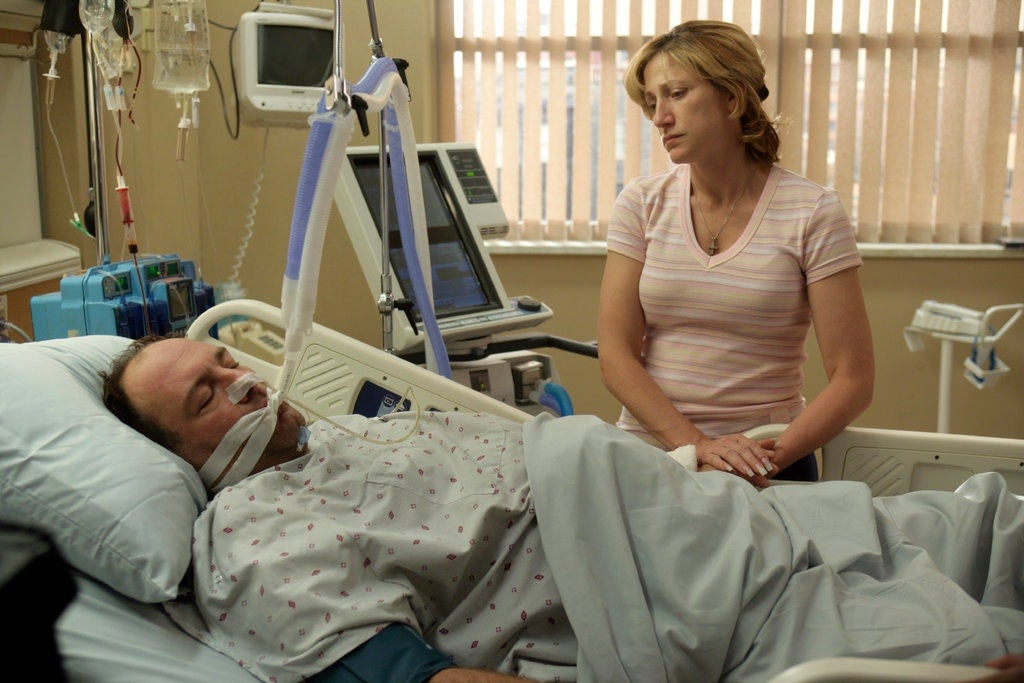
Sometimes I was disappointed when they turned out to be untrue. So sweet was the image of a former colleague kicking a former family member where the sun don’t shine, I decided I’d retain it as a memory. But they were just as likely to be disturbing, or odd, as Tony’s experience of mistaken identity and his encounters in a Las Vegas hotel were to him in the show.
What I could not cope with was watching the character struggling for breath surrounded by his grief-stricken family. Pure stubbornness forced me to gut it out until the end. But we agreed I would skip the subsequent episode featuring more of the same. My wife watched it and gave me a summary of the storyline, which I supplemented with Wikipedia before moving on to the next episode.
Perhaps I need some more sessions with the therapist. And perhaps coming within an ace of losing my life is always going to feel like it happened yesterday in response to the right, or rather the wrong, trigger. The memories of that horrible day still feel astonishingly real. A decade’s worth of distance hasn’t done much to diminish their potency.
To be fair, the genuine memories, as opposed to the hallucinations, aren’t all awful. One happy recollection that I didn’t imagine was being called from Whipps Cross Hospital while I was still in the ICU to be informed that I’d become the father of a happy and healthy baby girl, who is now a sparky 10-year-old and the light of my life. But most of them are bad.
Getting used to a body that no longer works like it used to is hard, and so is the physiotherapy required to get the most out of it
A decade on from the trauma, it feels right to be following up the initial piece I wrote on life after my near-death for The Independent. I am already working from home – much like the rest of the working population today – as a result of the accident’s impact on my mobility. I was fortunate in having an employer that was willing to make the necessary and “reasonable adjustment”.
The encounter with that truck left me with the following injuries: a collapsed lung; a bleed on my pelvis, broken in two places; a broken left tibia and fibula; several broken ribs; several breaks in my left arm, which is now a couple of inches shorter than the right one; a broken collarbone; a broken right toe; a concussion; and some broken bones in my spine. My spinal cord remained intact (yay) but my sciatic nerves were severed (boo). You can recover from the latter. I didn’t. A large section of skin was also scraped off my face. For some reason the replacement won’t tan, giving me a piebald look in summer.
Part of the reason it feels right to be writing this is Covid-19, which I encountered first-hand in 2020. It made me very ill and gave me the worst scare I’ve had since the accident, but it didn’t come nearly as close as the truck did to ending my story.
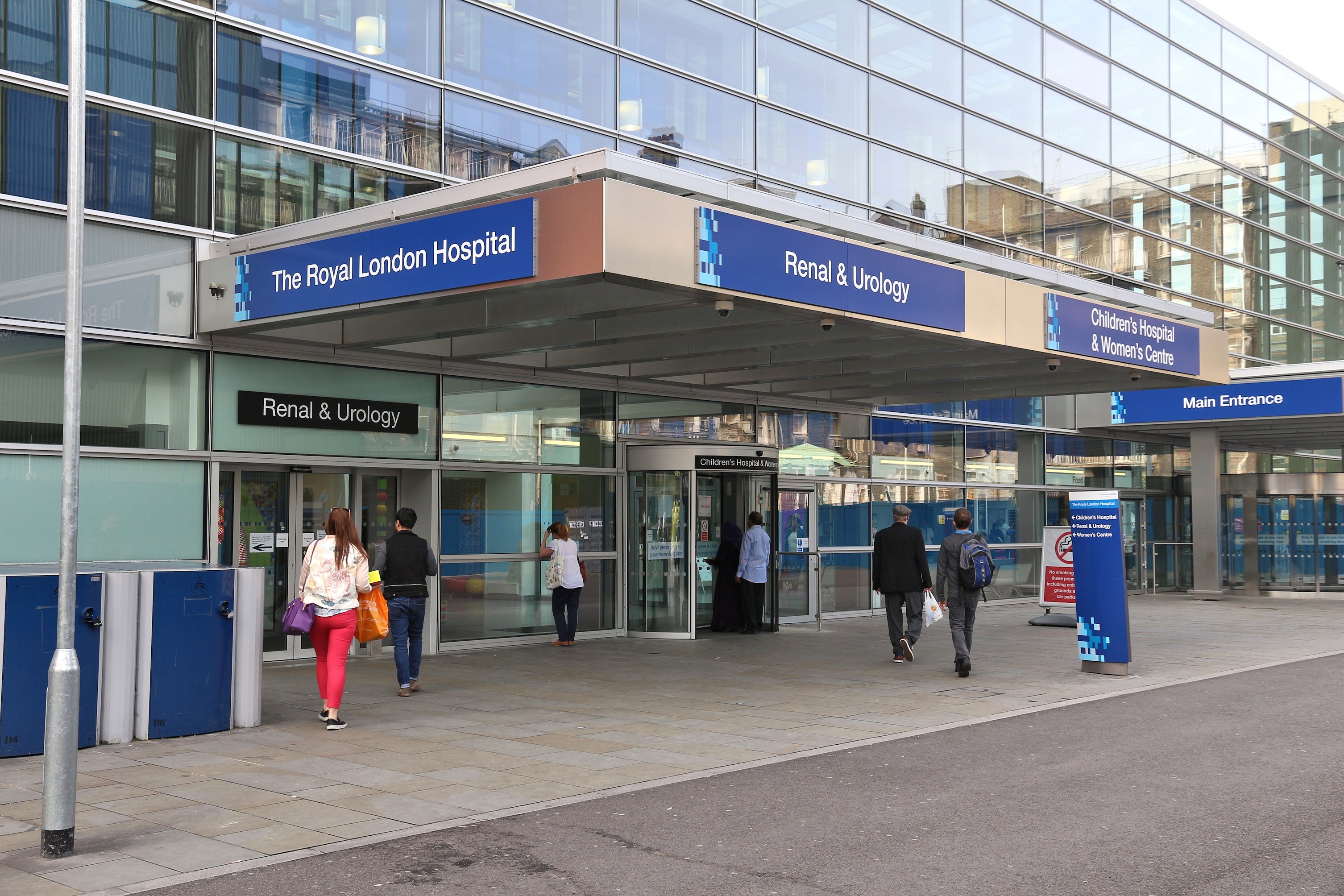
More than 100,000 Britons have died from the scourge, but what I’ve not seen yet is any estimate for the number of people who’ve lived through a serious case of Covid with bodies that no longer work as they used to. Serious long-term complications, as listed by America’s Centres for Disease Control, include cardiovascular issues such as inflammation of the heart muscle, lung function abnormalities, acute kidney injury, headache, muscle pain, depression and fatigue.
Those can be pretty disabling.
Getting used to a body that no longer works like it used to is extremely hard, and so is the physiotherapy required to get the most out of it. But getting used to a society that no longer works for you like it works for everyone else – and views you as an inconvenience at best, a subhuman second-class citizen at worst – might be harder.
I have meds that at least dull the constant pain I have to live with. Every few months I also go to the Royal National Orthopaedic Hospital to have concentrated essence of chilli pepper infused into my right foot. That hurts like hell. But so does the neuropathic pain that leaves me feeling like 10,000 little imps, each with the face of Boris Johnson or Donald Trump, are poking hot needles into my skin. The chilli treatment doesn’t eliminate Boz and Donnie but it does mean I can tolerate socks for longer than an hour or two at a time.
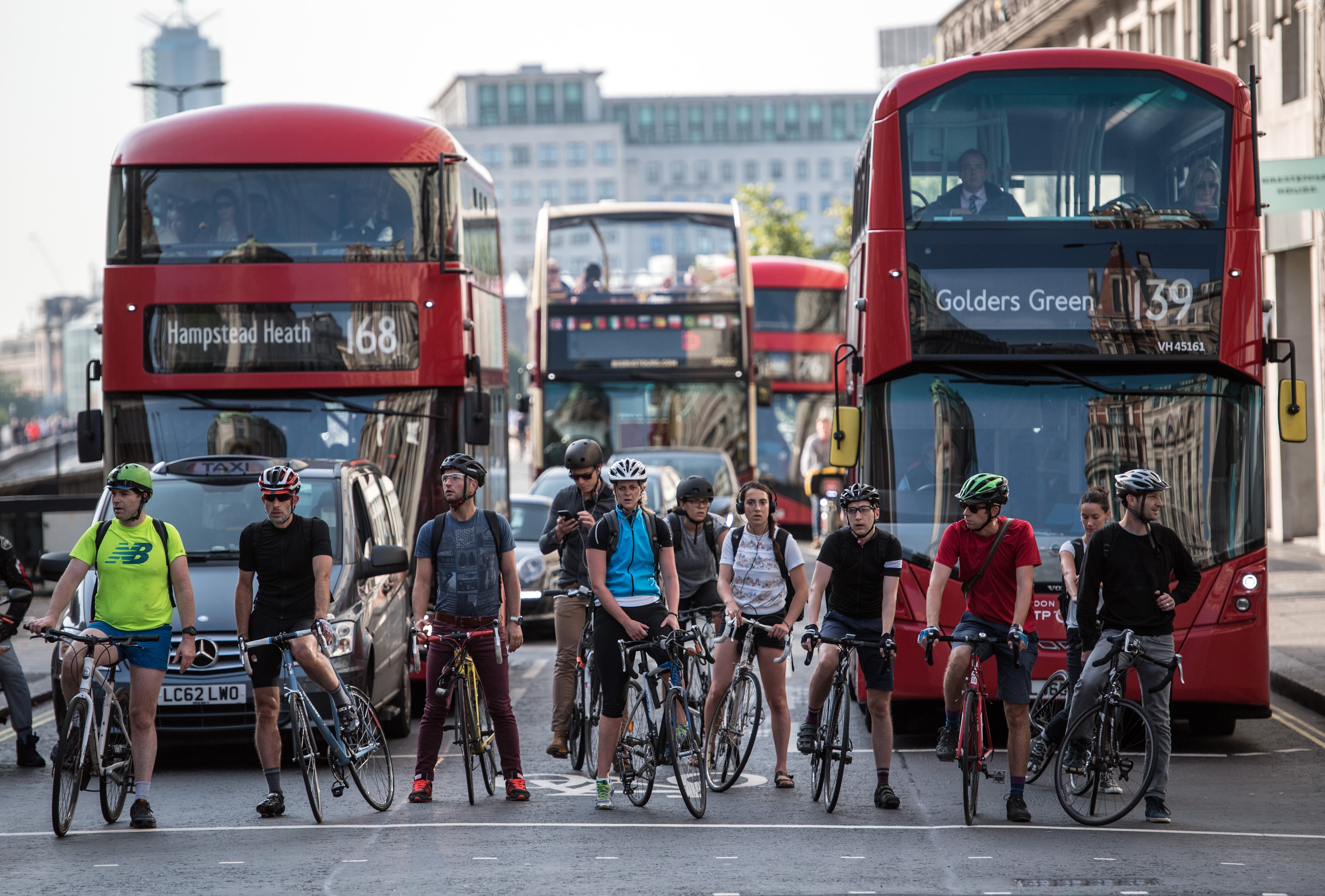
None of those treatments are effective against the migraine-inducing behaviour of officialdom, the planning that’s required for all but routine trips out of the house, the forms one is required to fill out to secure a blue badge, and the general sense of panic and insecurity I constantly feel, which these things only exacerbate.
The news that I used to write and report on, and left at the door when I got home, constantly haunts me. Crises take on a whole new meaning when you’re disabled and doubt your ability to cope. I live with a constant sense of dread, the feeling that when I wake up tomorrow morning I’ll find myself the victim in one of Netflix’s dystopian TV shows.
Wait, hang on, aren’t we already there?
There are a lot of people who could soon find themselves in the same boat: they need a voice. One charity that could badly use a funding kick is Disability Rights UK. These people also need to access treatment. I imagine that’s going to prove challenging because of the demands the NHS currently faces. In that respect I was lucky. The service was in a far better state then than it is now. It wasn’t coping with a decade of underfunding.
For people to get what they need and deserve, they have to fight huge organisations with limitless resources
Not long after the smash, I found myself a good lawyer: Kevin O’Sullivan, whose firm, Cycle Legal, specialises in cases like mine. That helped a lot. Under the rehabilitation protocols, things that I needed – a decent wheelchair, kit for my home office like a fancy chair suitable for a battered body, and a psychotherapist – were provided without too much fuss. I shudder to think what it would have been like without him.
The legal case inevitably added to the stress of my situation. It was long, and gruelling, and at one point confirmed all my prejudices about the insurance industry. At the end I was thankful for my experience as a poker player.
We didn’t engage in face-to-face negotiations over the settlement. A negotiation was set up at the insurer’s lawyer’s offices. Our opponents were in one room while we were in another. Our respective barristers then shuttled back and forth until a deal was agreed. I was confident in my hand, bloody-minded enough to go to court if necessary, unwilling to fold until the price was right. Lots of people do because of the strain these cases impose. The result was a good one. Representatives for the other side even congratulated me. I have to admit, that made me feel badass.
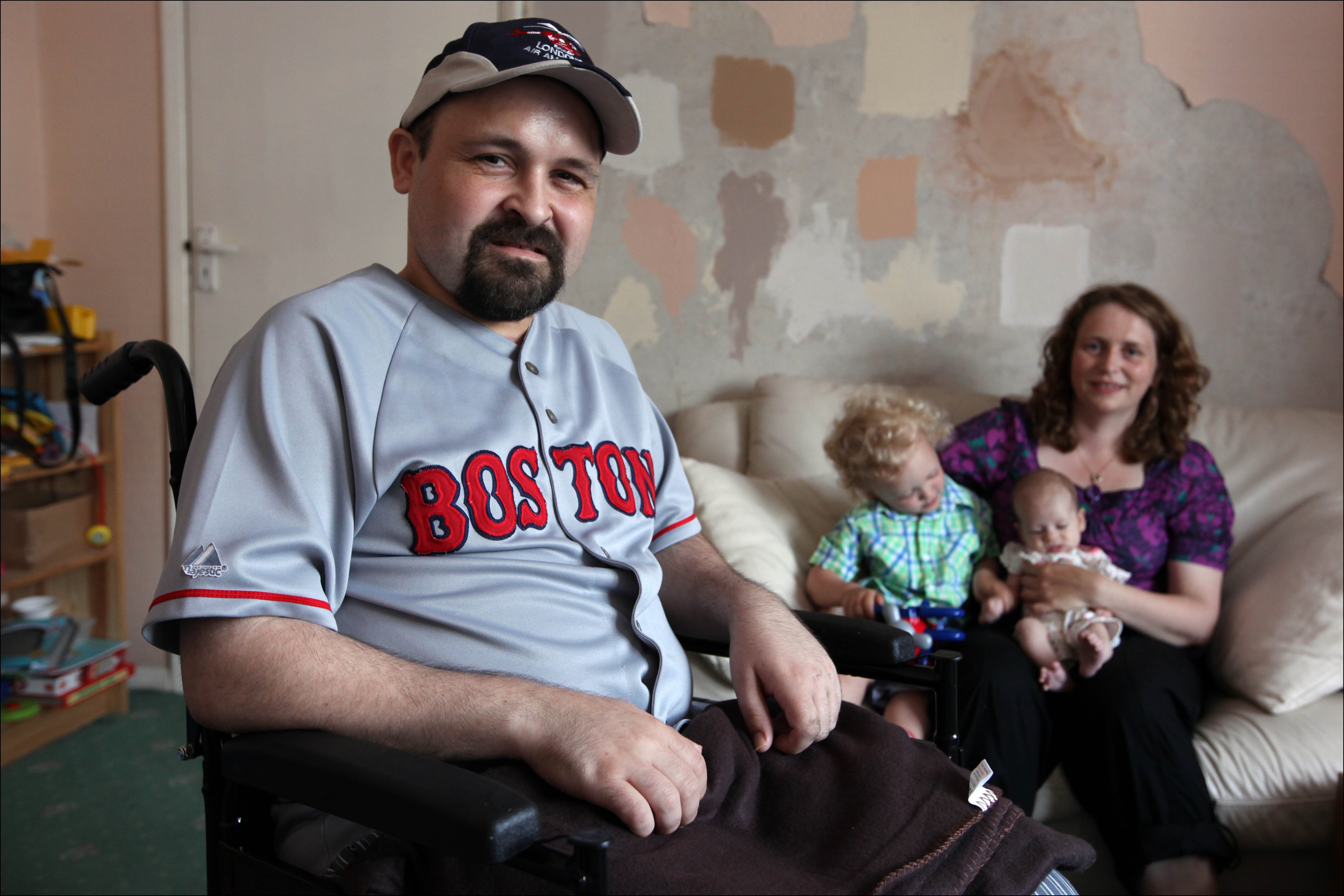
Here’s what I know after it ended: people who get hurt in accidents deserve proper compensation. Their lawyers are not “ambulance chasers”. The system needs to be made easier for them and easier on them. Britain is often said to be suffering from an epidemic of “compensation culture” claims. This isn’t true. For people to get what they need and deserve, they have to fight huge organisations with limitless resources. To carry it through they need to call upon deep reserves of determination. It shouldn’t be like that but it is because the government is too willing to listen to insurance companies and their propaganda – and so is the media.
A colleague recently asked if I would be willing to speak to a friend of hers about the long process I went through. Their father had suffered a similarly wrenching accident, albeit with a different suite of injuries (as an aside, I find it grimly fascinating just how varied the physical effects on cyclists confronted by badly driven motor vehicles can be). They wanted to know how to help.
Answering that presented an interesting challenge. The first thing, I told them, was to remember a short but important phrase: it isn’t personal. That also applied to if and when their loved one lashed out. It isn’t personal.
When you’ve suffered a life changing accident the frustration is frequently with yourself. The anger when you snap is directed internally
Chronic pain, a not uncommon side effect from suffering multiple traumas, affects sleep and mood. Other conditions that flow from accident-related trauma can also do that. Then there’s the psychological trauma and the time it takes to adjust to a new reality, and to learn to accept what you’ve lost. The frustration of realising I couldn’t do things I used to do was huge. So was the frustration of friends/family being over protective, albeit with the best of intentions.
It took some time for my wife and I to find a happy medium on this front; for me to accept that I would sometimes need help, and for her to give me enough rope to learn what I needed help with. Even now I make mistakes, one of which recently led to a nasty fall, another trip to casualty and another broken bone (left foot this time).
When you’ve suffered a life changing accident the frustration is frequently with yourself. The anger when you snap is directed internally. I was horrified to hear, at one point, that the receptionists at my kids’ school were wary of me. It wasn’t because I was abusive, or even violent, as some parents are (and I checked). Just, shall we say, intimidating? Irritable? Irascible?
My wife, as she often does, performed a save. It turns out she understood the cause better than I did. She explained it wasn’t me being aggressive and I wasn’t upset with them. To the contrary: if I seemed sharp it was down to my being defensive.
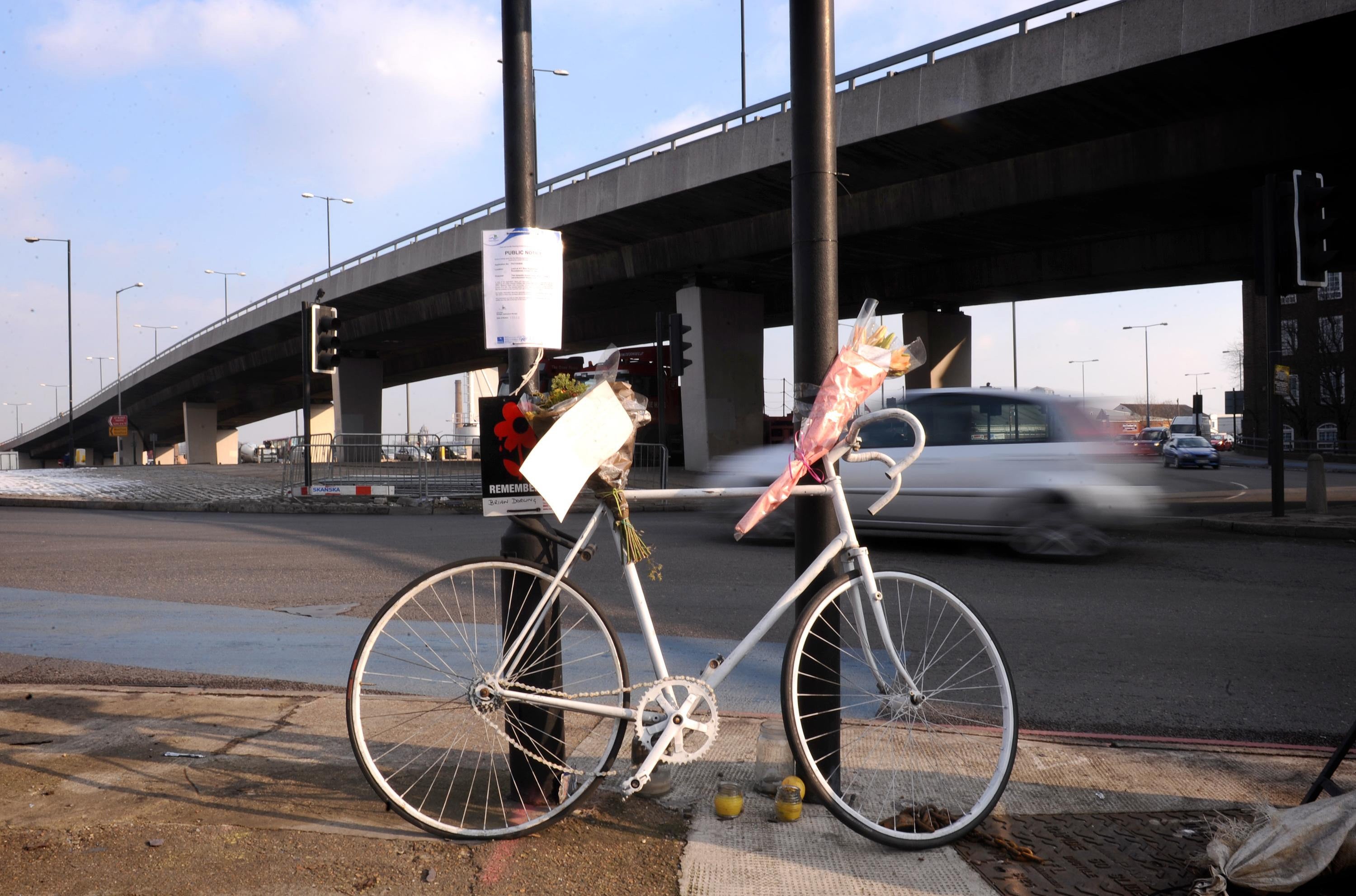
When you hear too often the word “no”, the phrase “more than my job’s worth” and “it’s so and so’s responsibility” you become brittle. It’s not just officialdom. Even when pushing a wheelchair around the park, as I do for exercise, I hear people saying things like “You should have a bell” or “Do you have brakes on that?”. Sometimes they are greeted with a raised middle finger. Yes, it’s juvenile. I know I shouldn’t. But it makes me feel better.
Unfortunately, that doesn’t work with officialdom. You have to develop a calm but dogged determination, the stubborn refusal to take no for an answer, the willingness to keep on pressing the doorbell until someone answers and then, as often as not, to press it some more after they’ve closed the door in your face. Make enough of a pain of yourself while keeping your temper is hard. But as often as not they’ll eventually do what you want, they’ll eventually do what they’re supposed to do, to make you go away.
You need allies to help with that and take on some of that load. It’s the only way to win. And you can win.
We are now, as a family, in the midst of another of these battles to secure for my high-functioning autistic son an Education Health & Social Care Plan, squaring up against Redbridge Council, which seems determined to find any excuse to deny our case. Deny, deny, deny. Been there, seen it, fought it, got the T-shirt. The council will find we are doggedly persistent. We’ve know how this game works.
We live in an era of post-shame politics. But what the last 10 years has taught me is that there is nothing more shameless, and offensive, than when the British government claims to be a “world leader in disability rights”. It is not. Its record is miserable. All the same, despite the miserable people who are responsible for that miserable record, and despite the flashbacks and the pain and everything else, 10 years down the line one thing I do know: life is precious. Most of the time, its taste is sweet enough to overcome the bitterness.




Join our commenting forum
Join thought-provoking conversations, follow other Independent readers and see their replies
Comments